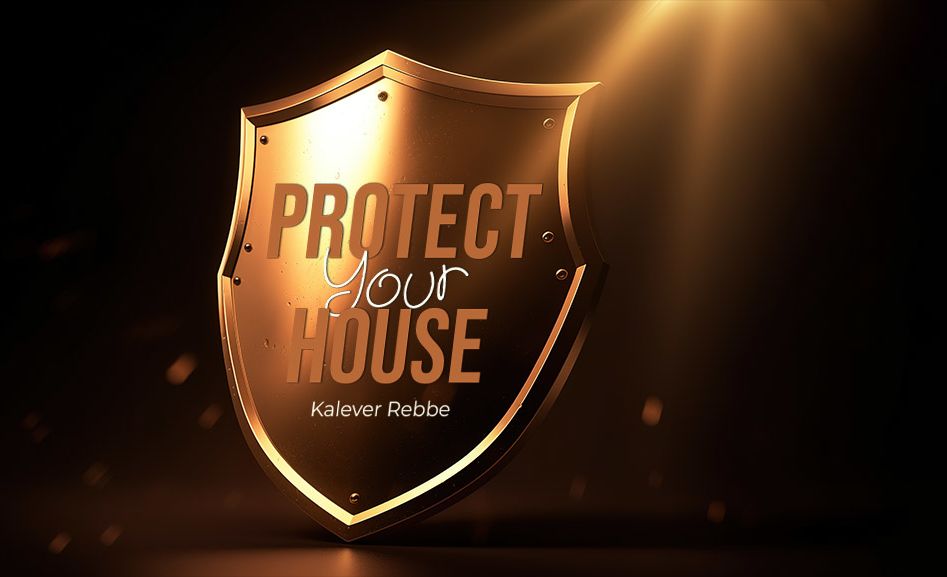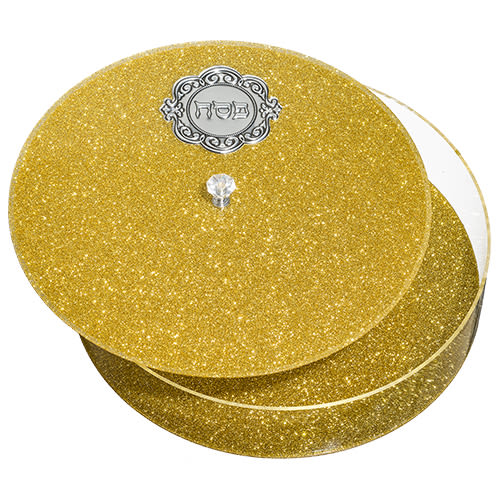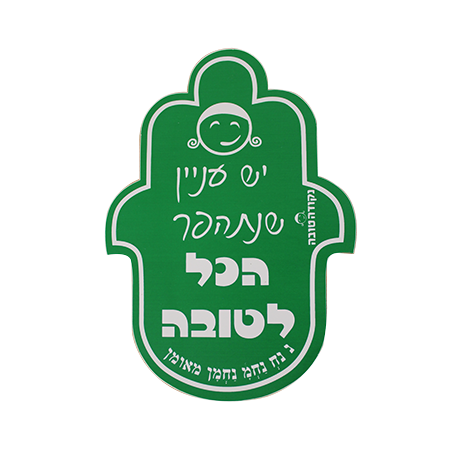
The Levels of Love
It takes a long time for children to reach the level of love where they realize that parents are doing everything for their best. Are we on that level?

When a person is young, a young child, or even a teenager, they can't really understand that their parents are going against them out of love. When they want to hang out on Friday nights with their friends, and we parents say 'no' – they can't feel it as love. They feel it as harsh discipline, unnecessary strictness, force.
The same is true when we try to limit their exposure to all the evil, unhealthy things in the world, like movies and internet and McDonald's. The kid's brain is simply not developed enough to be able to process that these things are coming from love. It's a level they simply can't access yet.
The same thing works in reverse: all the times we stay up for them, we put ourselves out for them, we drive them to places they want to go, we spend hours playing cards with them, or painting with them, or worrying about them, or encouraging them, or shopping with them – the kid can't understand these things as a direct  manifestation of parental love. Yet.
manifestation of parental love. Yet.
But give it a few more years', a couple more decades, when they've grown up themselves, and had their own children, and begun to rerun the 'movie' of their own childhood through the lens of now being a parent themselves, and all that 'hidden good' starts to become apparent.
All of a sudden, the kid realizes the true caring value of all the times their father took half an hour out of their own time to study with them. At the time, the kid wanted to play outside with their friends, but now? Now the grown-up child can access that hidden level of love.
Ditto, all the times the mum stayed up late to fetch them from a bar or bat mitzvah celebration; or let them have a friend to sleep over; or went with the kid's preference to paddle in a stream over her own wish to visit a holy site on holiday – at the time, those things were barely registered as deep, profound manifestations of parental love, even if they were superficially appreciated.
But once the kid grows up, and G-d puts them in their own situations with their own children, they start to understand the tremendous depth of love that the parent had for them, every time they made space for a different opinion; or a different way of doing things; or a different preference for what music to listen to or what to make for supper, or what to do with that spare hour.
Sometimes, I really struggle to parent the way Rav Arush describes in his book, the Garden of Education. Sometimes, I don't have the patience I need; the good character traits to model and pass on to the next generation; the tools, the experience, the blue-print for 'being a good mum'.
Sometimes, I feel that I have days and days when I'm just failing miserably at showing my children how much I love them. Like when I snap at my daughter for the length of her skirt; or when I'm shooting her disapproving looks for her lack of table manners.
I don't want to be that mum! I want to be the mum who loves my children unconditionally, and who can accept them for who they are, and appreciate them for being 'diamonds in the rough', even if they still very far from being a finished product.
Who's a 'finished product' anyway? I'm certainly not, and I'm 30 years further down the path than they are.
A little while ago, I decided I was going to take a 'holiday' from educating my children, and I was just going to focus on their good points. No more nagging about wearing shoes, or tying hair back, or taking off nail polish, or going to bed on time, or getting off the phone. I was just going to accept my children for them, and look for their good.
After two days, my daughter asked me: "Why are you being so nice to me all the time? What do you want?" I told her 'nothing' – but that isn't really true. What I want, more than anything else, is for her to know how much her parents and G-d love her and appreciate her, even though she isn't 'perfect'; even though I hate some of her clothes; even though I can't always understand why she needs to talk to that friend until 10 at night.
That's really what I want. Perhaps it's a level of love that my daughter is still too young to properly access. But I know that at some point, when she's grown up, she'll look back at all the mess I'm making, all the mistakes, all the things that I'm doing wrong, and know that underneath it all, I'm really just trying to love her, to the best of my abilities.
In the meantime, the atmosphere in my house has transformed. It's lighter, it's happier, it's much less moody and explosive. Both my daughters are laughing more, and seem much more content.
OK, they aren't wearing shoes when they go outside – but they weren't anyway, even when I told them. The biggest difference is that they are both talking to me more, and opening up more, which is one of the most edifying experiences I've ever had as a parent.
My child is telling me what she really thinks! She's expressing her own opinions openly, and I can take it and still let her know that I love her! Hooray! It may not sound like much – now. But as levels of love go, it's one of the highest ones any parent can hope for, and G-d willing, He'll help me to maintain it. At least, until the end of the week.
* * *
Check out Rivka Levy's new book The Happy Workshop based on the teachings of Rabbi Shalom Arush












Tell us what you think!
Thank you for your comment!
It will be published after approval by the Editor.